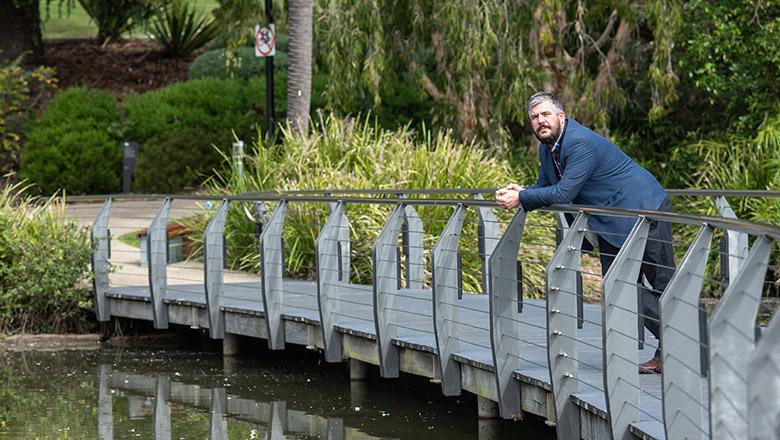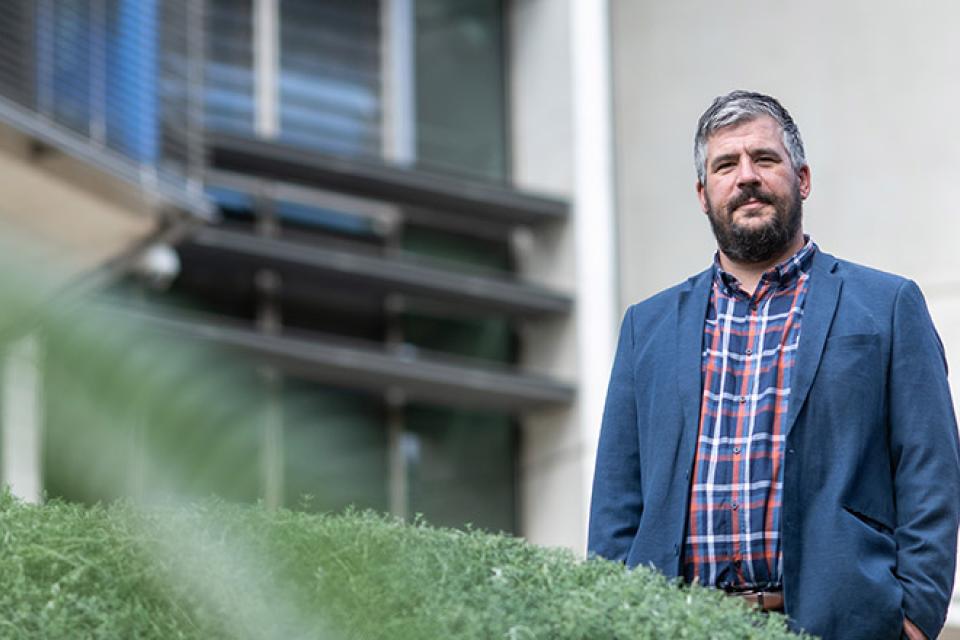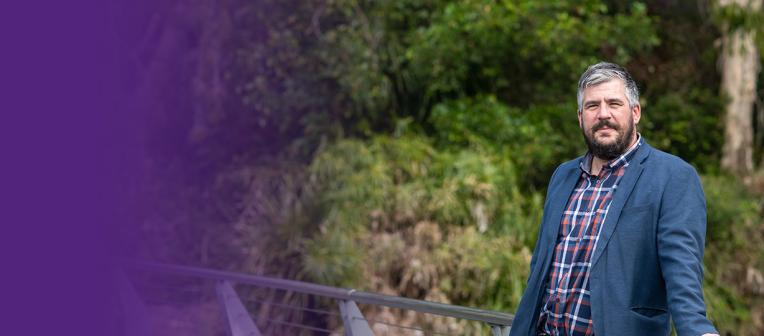Dr Alastair Stark explores the under-appreciated field of crisis management and how governments can continue improving their disaster responses.
Between COVID-19 and the increasing frequency of natural disasters, crisis management experts haven’t had a dull day for quite some time. But the image portrayed by the media – mass hysteria and constant government failure – doesn’t paint the full picture. In fact, it may not even paint a true picture.
Public policy scholar and UQ senior lecturer Dr Alastair Stark has seen countless cases of the media moving on once the crisis is over and missing out on the silver linings.
“There are many crisis management successes that are never celebrated,” he says.
“Unlike most media press, governments typically spend a lot of time in this area, but the nature of crises means they always appear to be failing.”
After all, it can be hard to appreciate a good response to a bad situation, no matter how impressive it is on paper. A hundred lives saved pales against the thousand lives lost. Rebuilding a city in months can’t compare to it crumbling in the blink of an eye.
Yet, we do need to recognise and applaud positive crisis management, even when it’s dwarfed by the magnitude of the disaster itself. Doing so can help us achieve closure, build resilience, remain positive and learn important lessons for the future. And there are plenty of exceptional responses we can look to for inspiration.
Exemplary responses to natural disasters
- New Zealand’s response to the 2016 Kaikōura earthquake reflected lessons learnt from Christchurch in 2011.
- The UK’s response to the 2013–14 winter floods reflected lessons learnt from the 2007 summer floods.
- Canada’s response to COVID-19 was more effective because of what they learnt from the 2003 SARS outbreak.
- Bushfire responses in Australia have been steadily improving since Black Saturday in 2009.
“Some of the biggest successes have been in post-crisis recovery and learning. Over the past decades, we’ve seen successes in terms of how we’ve learnt and changed.”
Outside of these specific cases, there are also countries we can look to as role models in responding to certain types of threats. In Japan, earthquake drills and evacuations are integrated into the culture. Floods are endemic to the Netherlands, and so their resilience to floods is strong. And despite the bad press, Australia’s bushfire responses are a beacon of best practice.

Make no mistake – there’s always room for improvement
Nobody’s saying we’ve “solved” crisis management or discovered the secret formula for responding to disasters. For instance, Alastair knows there are many other insights and lessons from around the globe that haven’t been fully explored – especially from regions rarely in the spotlight.
“We still have a lot to learn from communities in parts of the world that are less considered,” he says.
“Indigenous knowledge around the world, for example, has a role to play in teaching sustainable forms of disaster management and resilience building. Fire management is a prime example of this.”
Beyond these learnings, Alastair believes governments need to focus on building resilience within their communities. The challenge here is that this involves addressing issues that aren’t directly tied to natural disasters.
“It requires enhancing citizen participation in political decision making, building trust and social capital in communities, and developing strong local economies,” says Alastair.
“All these factors build resilience to disasters, but they’re not necessarily considered important by disaster managers who focus on the events themselves.
“Disaster management needs to be mainstreamed into typical policy concerns.”
What can governments do better?
Alastair’s current research is looking at memory issues within government, investigating how changeovers can lead to valuable learnings falling through the cracks. While this is an important issue for governments to address, they also need to work on making their response frameworks more flexible and adaptive.
“The key to a crisis response is to be prepared to adapt,” says Alastair.
“Governments are designed to be rational, efficient and stable, but this often runs against the grain of good disaster management."
“Crises shapeshift and escalate quickly. Responders need to do the same.”

What can you do to help?
Your natural reaction during a disaster might be to jump into the fray, but this can sometimes create problems instead of solving them.
“Individuals are first responders and typically play a role in the initial stages of a disaster,” says Alastair.
“However, volunteers can do a lot of damage on the frontline of a crisis response and can cause more harm than good. They need to be coordinated, led and managed to ensure they do no harm.”
If you live in a disaster-prone area, Alastair suggests signing up to a volunteering organisation. Doing so ensures your urge to help others is channelled appropriately and you’re properly prepared.
For those studying political science, you can make a further-reaching impact by delving into the sub-field of public policy, which includes learning about disaster management. Many graduates from the UQ School of Political Science and International Studies, especially Alastair’s students from the Master of Governance and Public Policy, now work in the disaster management community.
“We equip students with an understanding of how to prepare for disasters, the issues in response and the key issues involved in recovery,” says Alastair.
“They work in NATO, the UN and the Queensland Government creating plans and response frameworks.”
“Government is the primary disaster manager, and a political science graduate understands government.”
As more graduates enter the field with the appropriate training and theoretical knowledge, Alastair hopes governments around the world will continue improving their ability to react to crises.
Natural disasters aren’t stopping any time soon. Living in a pandemic is the new norm. But through smart management and adaptive responses, perhaps we can create frameworks that keep us a step ahead of the disaster – rather than always one step behind.
Discover UQ's Master of Governance and Public Policy Explore all of UQ's postgraduate study options





